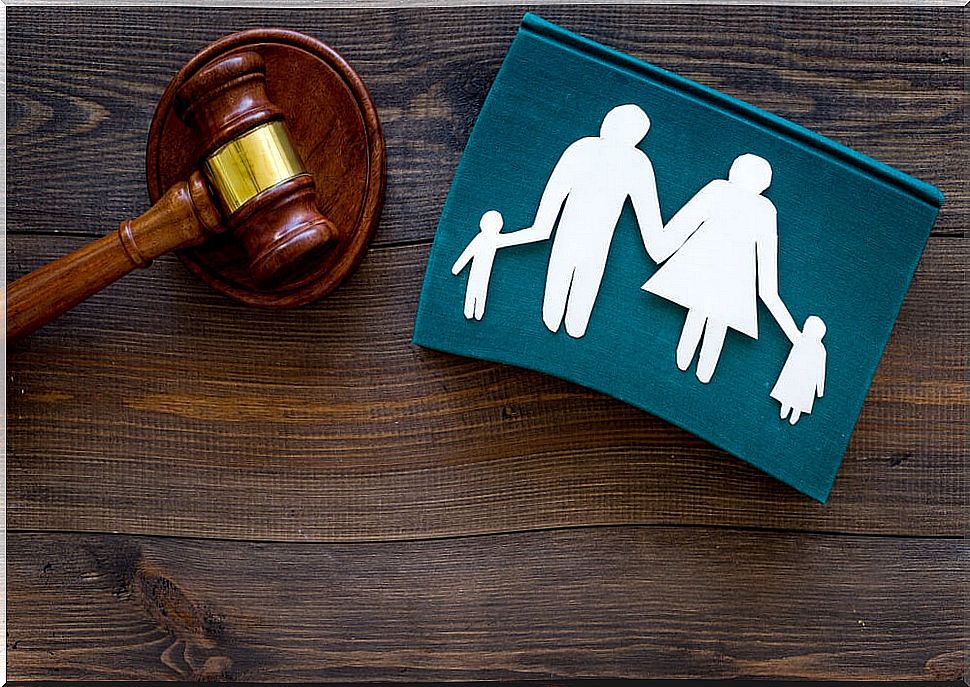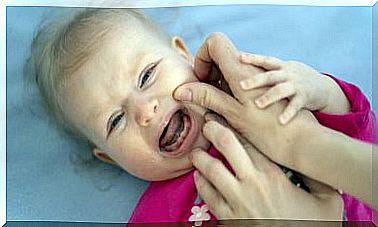Typical Processes In Family Courts

In Spain, in general, family matters are processed legally in the first instance. The Courts of First Instance or of First Instance and Investigation are the ones that hear and decide on said matters. However, family law has many special characteristics that distinguish it from other branches of law.
Due to this specialty of family law, it is recommended that the judicial bodies that are in charge of prosecuting them specialize in this matter. Family Courts mainly regulate three aspects of law : marriage, filiation and guardianship. Next, we will see some elements to better understand the typical processes of Family Courts.
Family Courts
A series of Courts of First Instance have specialized in family matters. Currently, there are approximately 70 Family Courts, located in half of the provinces of Spain.
These courts were born under the protection of article 98 of the Organic Law of the Judicial Power. Specialization is the responsibility of the judicial body, but there is no specialization of judges and magistrates.
Family Courts hear and resolve matters related to family law. This means that they regulate the family, understood as a natural and social institution, in all its aspects of private law. The most frequent processes in Family Courts are those that have to do with marriage, filiation and guardianship.

Marriage covers the legal norms that have to do with its celebration, the personal and economic effects that it has and the situations of nullity, separation and divorce. Filiation includes both marital and extramarital filiation and everything related to adoptions.
The theme of these processes also includes matters related to parental authority. Finally, guardianship includes the set of legal norms that have to do with the custody and protection of minors.
Matters related to marriage in Family Courts
Regarding marriage, the Family Courts mainly process nullity, separation or divorce proceedings. Nullity is a rare situation that is ruled in case of total ineffectiveness of the marriage caused by one of the causes contemplated by the Law. Separation and divorce are the most frequent cases.
It is about the total extinction of the effects of a marriage, whether civil or religious, for causes subsequent to its celebration. Divorce can be consensual, when it occurs by mutual consent of the spouses.
In that case, to process it, the Family Court will require that at least three months have passed since the celebration of the marriage. He will also request that a separation agreement proposal be submitted.
Divorce can also be unilateral, when it is requested only by one of the spouses. Generally, in its treatment, the Judge must regulate all the effects derived from the divorce.
Family and filiation courts
From the legal point of view, filiation is the bond that unites parents with their children. From this link derive a series of rights and obligations, which are regulated by the Family Courts.
The legal relationship can come from a biological or adoptive relationship. Family Courts regulate the legal status that the law assigns to a certain person due to their natural procreation or adoption relationship, which unites them with their parents.

Guardianship and custody
The custody of minors is one of the main functions of parental authority. In Family Courts, decisions are mainly made on custody and custody in the event of separation or divorce of the parents. The law provides that the Judge must agree on the shared exercise of custody and custody of the children when the parents request it by mutual agreement.
The judge will also intervene in the event that the parties reach an agreement during the process. The judge, likewise, will have to justify his decision and adopt the necessary precautions so that the resolution is carried out effectively.
In the event that custody is handed over to one of the parents, the Judge must determine the way in which the parent who does not exercise it can fulfill the duty of watching over their children.
On the other hand, the judge will define how and where each spouse can communicate and be with the children. If the parents are separated and have not reached an agreement, the judge will make his decision always with the best interests of the minors in mind.










